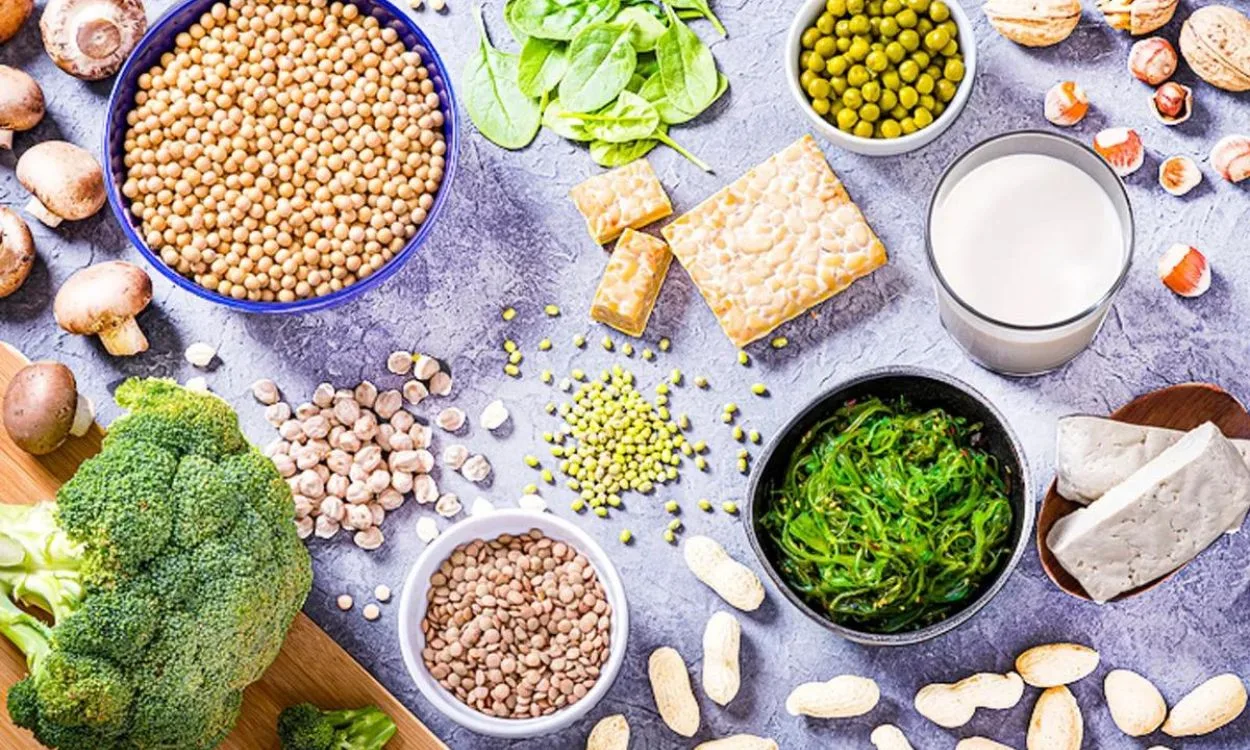Can athletes follow a vegetarian or vegan diet while maintaining performance?
As the awareness of the environmental impact of animal-based products and the ethical concerns surrounding animal agriculture continue to grow, more people are turning to vegetarian or vegan diets. However, there is a common misconception that athletes cannot achieve peak performance on a plant-based diet. In this article, we will explore whether athletes can indeed follow a vegetarian or vegan diet while maintaining their performance levels.
The Benefits of a Plant-Based Diet for Athletes
1. Nutrient-rich: A well-planned vegetarian or vegan diet can provide all the essential nutrients that athletes require, including carbohydrates, protein, fats, vitamins, and minerals. Plant-based foods like fruits, vegetables, whole grains, legumes, nuts, and seeds are packed with essential nutrients that support optimal performance and recovery.
2. Improved cardiovascular health: Plant-based diets are associated with lower cholesterol levels and reduced risk of cardiovascular diseases. This can be particularly beneficial for endurance athletes who rely on a healthy cardiovascular system to deliver oxygen to their muscles efficiently.
3. Reduced inflammation: Plant-based diets are often rich in antioxidants and anti-inflammatory compounds, which can help reduce exercise-induced inflammation and promote faster recovery.
4. Weight management: Vegetarian and vegan diets are generally lower in calories and saturated fats, making it easier for athletes to maintain a healthy body weight and body composition.
5. Better digestion: Plant-based diets are typically higher in fiber, which can promote healthy digestion and prevent gastrointestinal issues that may hinder athletic performance.
Meeting Nutritional Needs on a Plant-Based Diet
While following a vegetarian or vegan diet can provide numerous benefits for athletes, it is essential to ensure proper planning to meet all nutritional needs. Here are some key considerations:
1. Protein: Adequate protein intake is crucial for muscle repair and growth. Plant-based sources of protein include legumes (beans, lentils, chickpeas), tofu, tempeh, seitan, quinoa, edamame, and certain grains like amaranth and buckwheat. Combining different plant-based protein sources throughout the day can ensure a complete amino acid profile.
2. Iron: Plant-based iron sources include leafy greens, lentils, soybeans, tofu, tempeh, pumpkin seeds, and fortified cereals. Pairing iron-rich foods with sources of vitamin C, such as citrus fruits or bell peppers, can enhance iron absorption.
3. Calcium: Plant-based calcium sources include fortified plant milks, tofu, tempeh, almonds, sesame seeds, and leafy greens like kale and collard greens. It is important to ensure sufficient calcium intake, especially for athletes at risk of low bone density.
4. Omega-3 fatty acids: While fish is a common source of omega-3 fatty acids, plant-based sources include flaxseeds, chia seeds, hemp seeds, walnuts, and algae-based supplements. Including these foods regularly can help meet omega-3 requirements.
5. Vitamin B12: This vitamin is primarily found in animal products, so it is important for athletes following a vegan diet to supplement with vitamin B12 or consume fortified foods like plant-based milks or cereals.
Case Studies of Successful Vegan Athletes
To dispel any doubts about the ability of athletes to excel on a plant-based diet, here are a few examples of successful vegan athletes:
1. Venus Williams: The tennis superstar adopted a vegan diet to manage her autoimmune disease and has continued to perform at a high level.
2. Lewis Hamilton: The Formula 1 champion has been following a plant-based diet since 2017 and attributes it to his improved energy levels and overall performance on the racetrack.
3. Scott Jurek: This ultramarathon runner has set numerous records while following a vegan diet, including winning the prestigious Western States 100-Mile Endurance Run multiple times.
Fitpaa: Achieving Your Health and Fitness Goals
While it is certainly possible for athletes to follow a vegetarian or vegan diet and maintain their performance levels, it is crucial to have a proper nutrition plan in place. This is where Fitpaa can help.
Fitpaa offers a comprehensive AI-driven metabolism monitoring and management technology that takes into account your unique metabolism, lifestyle, and fitness goals. With personalized Fitpaa Capsules, which combine medical therapy, exercise therapy, nutrition therapy, and cognitive behavior therapy, athletes can optimize their metabolism and achieve their health and fitness goals.
The Fitpaa app provides real-time guidance, habit-building techniques, and a virtual workout trainer to help you stay on track and reach your desired results. Whether you’re aiming for weight loss, muscle gain, improved cardiovascular health, or any specific fitness goal, Fitpaa’s team of experts, including fitness planners, nutritionists, coaches, and doctors, will guide you every step of the way.
Don’t settle for ordinary fitness apps; experience the transformative power of F
Fitpaa and take control of your health and fitness journey today.
Download the Fitpaa app now and join thousands of individuals who have already achieved their health and fitness goals with guaranteed results. Your well-being is our mission!









